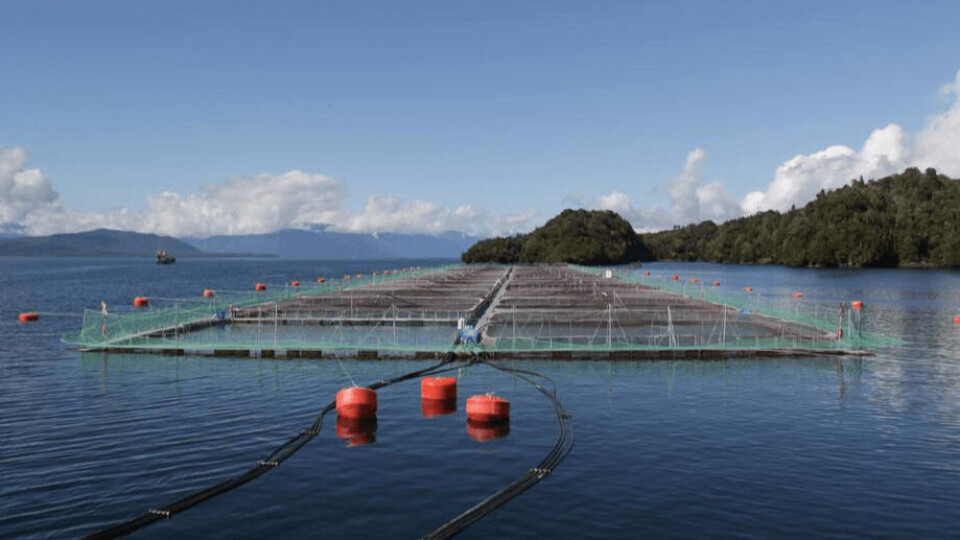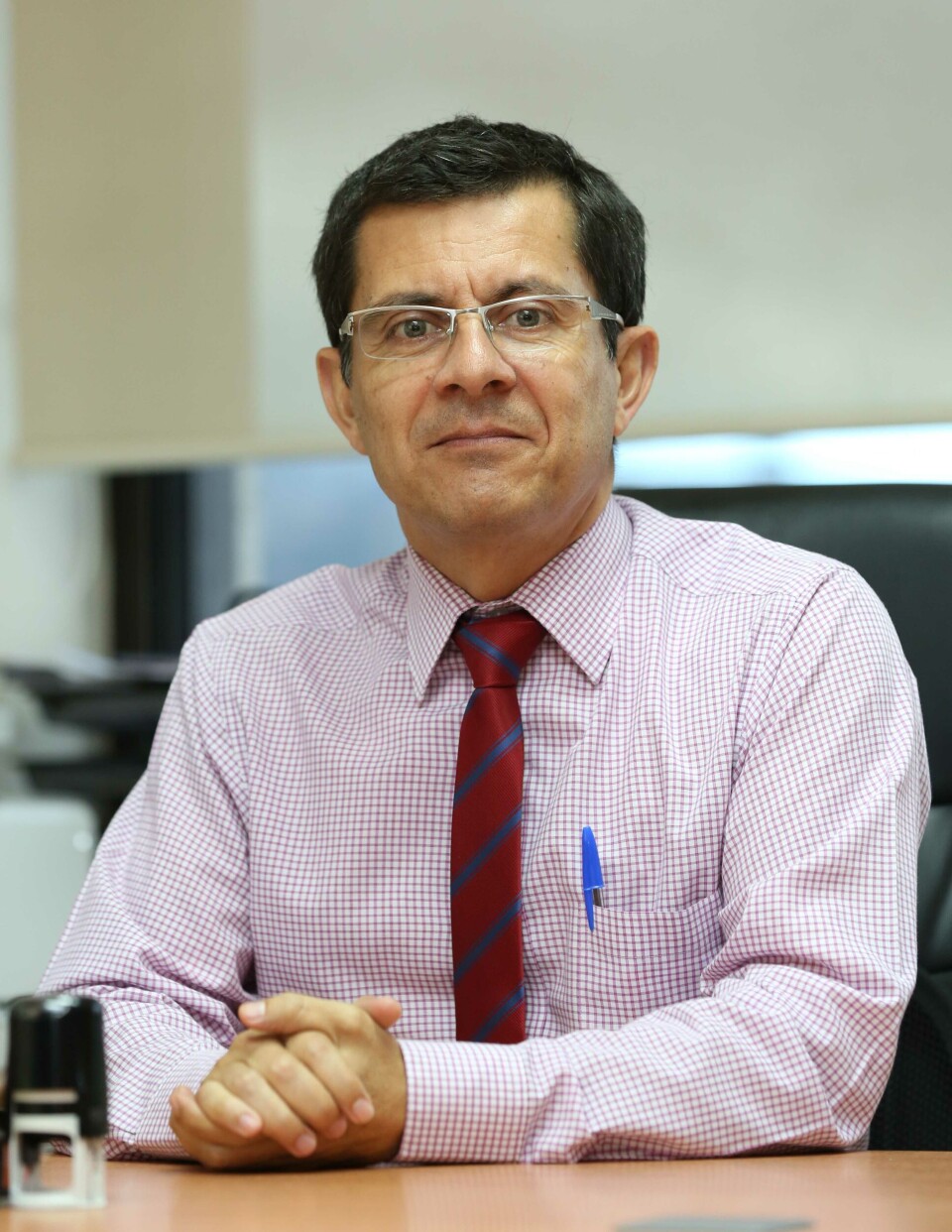
Aquaculture wins bigger slice of research cake
Aquaculture research projects in Chile will take a record high percentage of a government fund in 2020.
The amount allocated to aquaculture research this year is 1.145 billion pesos (£1.09 million), which equates to 40% of the money being spent by the Fisheries and Aquaculture Research Fund (FIPA). The largest share of the fund previously given to aquaculture was 37%.
This year’s FIPA portfolio comprises 33 studies, of which 12 are associated with aquaculture and 18 with studies in fisheries. The other three are in the socioeconomic area.

Participatory process
Luis Carroza, executive director of FIPA, said: “The development of the study portfolio is generated from a participatory process that involves different actors, and which seeks to reflect what the research interests required by the sectorial authority are [in relation to] the analysis and implementation of its administration measures.”
The total indicative FIPA budget for 2020 is approximately 2.9bn pesos.
“The resources are always less than the research needs, especially in an area as diverse and dynamic as aquaculture, therefore, it is necessary that they be spent in the most effective way possible,” Carroza told Fish Farming Expert’s Chilean sister site, Salmon Expert.
Open results
Regarding the dissemination of results of FIPA projects to the aquaculture industry, Carroza explained that by law the agency is intended to finance the fishery and aquaculture research projects necessary for the adoption of management measures of both sectors by its main client, the Undersecretariat of Fisheries and Aquaculture (Subpesca).
The finished projects are available on the FIPA website to all those who have an interest in their results.























































